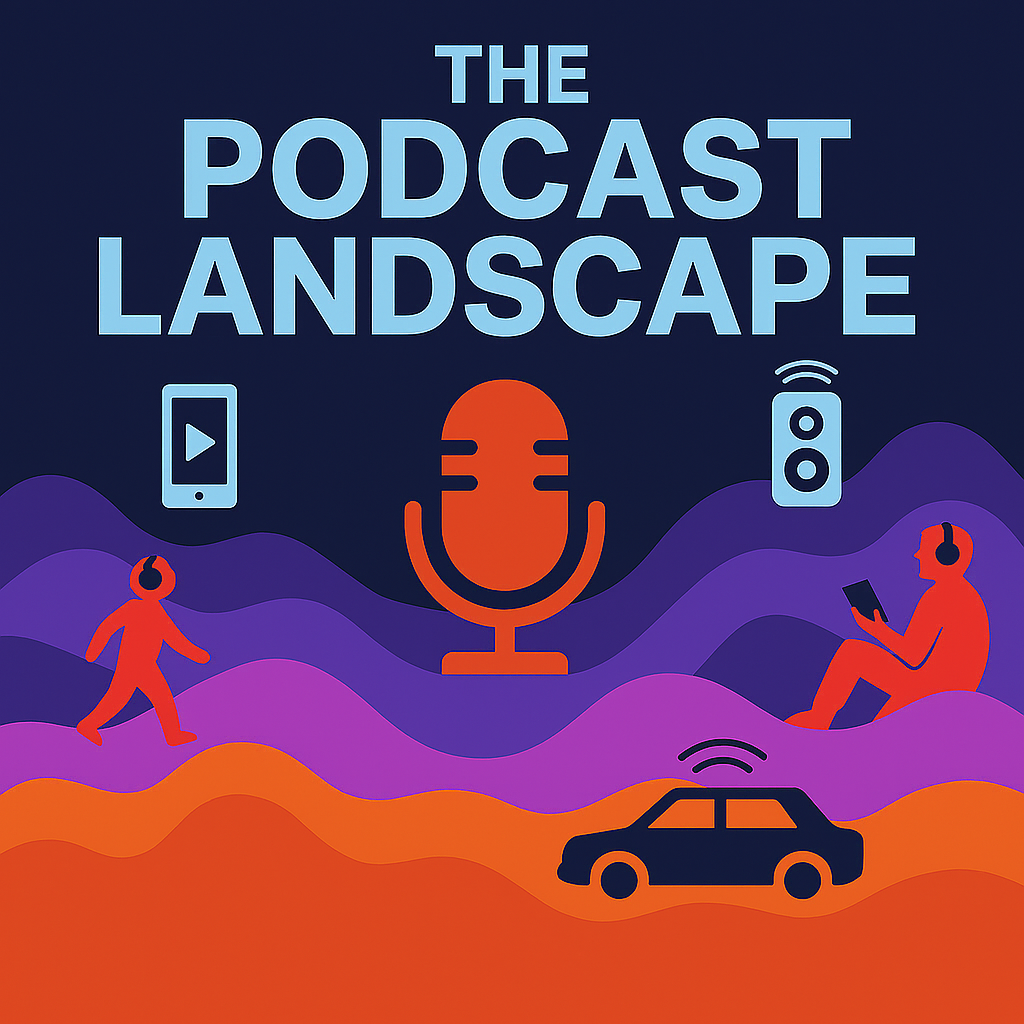Almost everything I learned about putting a successful show together I learned from my dogs. Dogs are loyal and loving, but they also have expectations, and they let you hear about it if you get them into the habit of expecting a snack at noon, and then skip that snack.
For many years, I owned a succession of Border Collies, who were long my favorite breed (until I got a greyhound, which ruined me for other dogs.) Border Collies are ferociously intelligent – you have never seen a dog more able to hold its focus, solve problems, or instinctively know what you want them to do without so much as a word.
For a while, I owned two of them at the same time – an old, cagey vet, and a wily rookie on the same team. One such dog is practically a tool-user. Two? They can get up to all kinds of mischief. What I learned about the breed was that they need a job. They aren’t the kind of dog that you can just walk in the morning and then give the run of the house to all day long – they need something to do, or some kind of regular mental stimulation, or they will demonstrate many alternate uses for your shoes than their designed purpose.
Without something to do, the Border Collie is capable of wreaking havoc on your house. Turns out, the same is true of podcast hosts. There is one podcast that I listen to every now and then that regularly has five co-hosts, and I am not sure why. They don’t have jobs. I can’t tell them apart. I don’t know why they are all there, or what any one contributes over the others. Each topic is dealt with as a succession of “well, let’s find out what you think, Host Five.”
These kinds of shows absolutely lose me, and this is my business! When I have told this story before, some smart listeners have commented that I still listen to the show. Yeah, I do. But I don’t recommend it, and I never will while it is still a hot mess of tangled points of view and indistinguishable voices. Everybody on your show, like my beloved Border Collies, needs a job.
The way that manifests itself in podcasting is that each participant in a podcast should have a defined role, and they should have a distinct, audience-focused goal. If there are multiple voices on your podcast all saying “I agree with Host Three” all the time, congratulations, you have a conference panel, not a show. Shows have characters, and listeners need to be able to tell those characters apart.
By the way, even the biggest shows have this problem! I once did audience research for The Bob and Tom Show, one of the biggest syndicated morning shows in radio and the radio home for stand-up comedy in this country. Any comic who went through Indianapolis (the home of the show) made a stop on Bob and Tom to do part of their set and kibitz with the hosts, Tom Griswold (still hosting as of this writing) and his partner, the now-retired Bob Kevoian. One of the main things we heard in that research, even from some of the biggest fans of the show, was that they couldn’t tell them apart, especially when they would both start laughing at the guest’s jokes.
Now, this may or may not have been a show-stopping problem for Bob and Tom – but they had the benefit of the nation’s best comics doing their material regularly. If you don’t have that going for you, it might be time to tighten things up.
The best way to do this is to imagine the different points of view that your audience might hold about a topic, and to be sure that someone on the show is championing or at least speaking to that point of view, so the listener feels heard and seen. It doesn’t mean they actually have to hold a particular opinion, but their character – the person they are when they are a podcast host, and not shopping in the grocery store – has to represent that role for the audience.
In big radio morning shows, you often see a construct that is known inside the industry as “the dick, the dork, and the dear” (I am not recommending this for your podcast, by the way.) The formula for this particular flavor of show is that there is someone who plays the “dick,” or antagonist, the “dork,” who doesn’t really fit into the conventional construct of a radio host, but is there to create friction, and the “dear,” who represents the heart of the show and the person most likely to be someone the listener would call a friend in real life.
If you think about a station that appears to mostly women, but also their husbands, it’s easy to imagine how this all plays out – the dork talks about an embarrassing situation they recently encountered, the dick says something jerky about it, and the dear gives the dick his or her comeuppance. Sometimes, the dear is there to tell the dick “oh you can’t say that!” which is what most of the audience will think, while the dick’s job is to actually say it, even though the show rallies against them. It’s why Howard Stern didn’t work without Robin Quivers, and why Inside the NBA, the TNT halftime show that features Shaquille O’Neal and Charles Barkley, doesn’t work without Ernie Johnson (the “broadcaster”) being there to say “Chuck, you can’t say that!” But Howard and Chuck did say that, and you either found it funny, or you rallied behind the “dear” when they were put in their place.
Now, your podcast doesn’t need a dick, a dork, and a dear. But everyone should have a job, or they are just running around the house, chewing up shoes. If your current cast doesn’t have clearly defined roles and goals for the hosts, then you either need to figure them out, reduce the number of voices on the show, or get smarter friends, I guess. You aren’t there for them. You are there for the listener.
One of my favorite stories about this was doing focus groups in New York for the (then) morning show at Z100, The Elvis and Elliot show. Elvis Duran is currently not only the morning show host for Z100, but also syndicated on nearly 80 stations around the country. But before that, he was half of Elvis and Elliot, and it’s not totally unfair to imagine that Elvis was the dear, and Elliot served as the dick. They would actually attend these focus groups, and I got to see Elliot actually watching behind the one-way glass as listeners talked about what a jerk he was, and how they loved it when Elvis or one of the other hosts corrected him or otherwise took him down a peg or two.
Elliot (a Radio Hall of Famer), ever the professional, wasn’t insulted. In fact, just the opposite – it was playing that role that made that show work as well as it did, and he knew this. Whether you loved Elliot or hated him, you had a voice on the show, and you were entertained. Not every show needs a “dick” (and I think that’s the last time I am going to use that word in this article) but every host needs a defined role and a point of view, or they are just cluttering things up. As the late Dai Vernon, master of sleight-of-hand, was fond of saying, confusion isn’t magic.
One more thing about Elvis Duran. To this day, his “job” on the show is the most important, but not because he is the “star,” so to speak (though he most certainly is, and an immense talent). What makes Elvis a genius is that he is the best “traffic cop” in morning radio. The show goes through him, at all times, and he serves as a kind of on-air director of the play. While there are certainly producers behind the scenes, ultimately, when the show is live, Elvis is responsible for what is coming out of the mic, whether he is speaking or not. To watch the show being made inside the studio is a thing of wonder, with Elvis continually making gestures and other unspoken signals to cue people to talk, or stop talking, depending on how long a bit has been going or how one-sided a point of view might have gotten.
Whether you have dorks and dears or not, if you have more than one host on your show, you need a traffic cop. It’s not a glamorous job, but in practice, it doesn’t work having that responsibility fall on everyone’s shoulders. The traffic cop has to be the host that the rest of the cast trusts to keep the show on the rails, to cut segments short when they aren’t paying off your ideal listener enough, and to make sure that all of the multiple viewpoints of the show are paid off dynamically and efficiently.


















































































































































































































